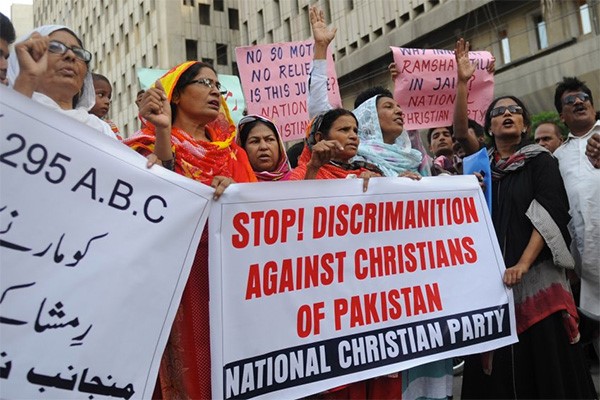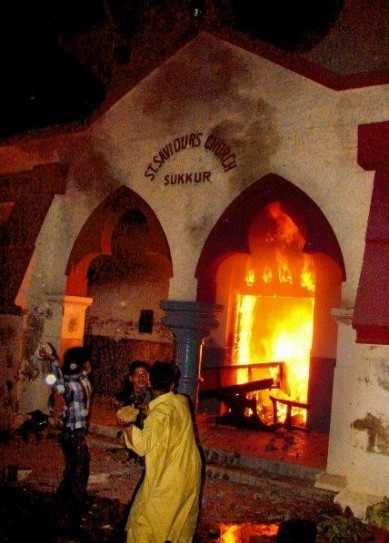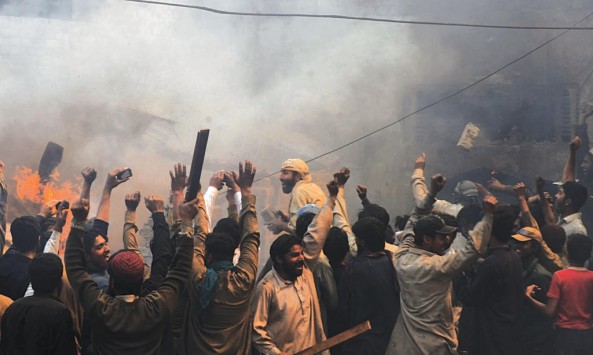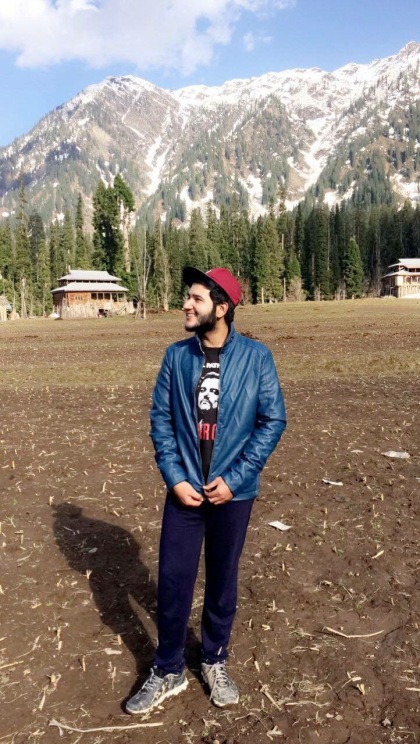
Freedom of religion is one of the basic principles of a united nation that assures its nationals that their beliefs, cultures, public or private worship are under no government influence. This is a basic principle that is promised to a country’s individual and includes the freedom to change one’s religion any time without any pressure from the nation’s majority, which also forms its society.
Such kind of freedom is a principle that is guaranteed to all citizens of Pakistan, despite their religions and religious sects. The privilege to practice one’s own belief without being objected or pressurized is promised to every single national, but often this liberty is not provided as consented to.
Pakistan is a country, which has a solid foundation and historical significance based over freedom of religion. The two nation theory by Sir Syed Ahmed Khan and the appeal of separate countries by Allama Iqbal were both results of the Muslim minority in India who were not given proper economical and political rights or given freedom to practice their beliefs.
Yet, more conservative Muslims have chosen to forget our ancestors sacrifices and continue to make further divisions in our country via religious sects.
Religious sects (Sunnis, Shias, Ahmadis-) are a more detailed argument, let’s start discussing identical rights between Muslims and non-Muslims residing in an Islamic State.
With a whopping 95% Pakistanis being Muslims (further divided into religious sects) it is expected that our constitutional laws are mostly made to appease the majority. Khawaja Nazimuddin, the 2nd Prime Minister of Pakistan, himself stated that he doesn’t agree that religion is a private affair of the individual. Progress on religious freedom was gradually made when Pakistan transitioned to democratically defined laws. The province of Sindh has the largest Hindu majority, has outlawed forced conversions and there is significant protection within the province against acts of religious intolerance towards minorities.

Pakistanis’ religious intolerance is often portrayed through various events in Pakistan’s timeline. Pakistan’s blasphemy laws are problematic and all resolutions that have been passed against it have failed miserably.
Public figures that have stood in debate against their religion have been assassinated or prosecuted.
Federal Minister for Minorities Affairs, Shahbaz Bhatti was assassinated for his continuous stand against the laws of this country. A bodyguard for siding with a blasphemy defendant killed the Governor of Punjab Salman Taseer. Over an eighteen-month period covering 2012 and part of 2013, Shias were subject to 67 attacks, 54 attacks against Ahmadis, 37 against Christians, 16 against Hindus and 3 against Sikhs were conducted. None of the attackers were ever prosecuted and the courts set them free. It is not only observed in courts and official offices but also observed in schools and colleges, where non-Muslims students are harassed and driven to a harmful consequence that is suicide, which is considered homicide.

These events are signs that Pakistanis need to change their conservative mindsets against people who don’t share the same qualities as them and recognize them as equals. If not as equals, at least as nationals of this country who deserve equal rights, disregarding their caste, creed, color, religion, faith, gender, sexuality or any other further division of human created by man himself. Orthodox Muslims fully oppose intolerance against Muslims living in other countries but do they realize that they’re conducting the same behavior with minorities living in their own country? With every hijab ripped off a Muslim woman’s head, there is a Muslim destroying the temple in which a Hindu woman is praying. The Objectives Resolution accepted the premise that the State of Pakistan would exercise authority ‘within the limit prescribed by Him’, but can this be lined with the ways Pakistan has been treating its minorities? The Holy Quran itself states: “There shall be no compulsion in religion” (2:256); “Say to the disbelievers [that is, atheists, or polytheists, namely those who reject God] “To you, your beliefs, to me, mine” (109:1-6)
We cannot describe our laws according to that matter because church attackers or temple destroyers are never trialed and if, are let go without any punishment. Is that the Pakistan our leaders designed? That would encourage cruelty and violence against minorities, similar to ones our ancestors faced from Indian rulers? That would prescribe its laws by Islam but yet forget that Islam means the religion of peace? Peace is absent when churches, Gurdwaras and temples are destroyed by devout Muslim men.

Moreover, Pakistani youth needs to awaken and recognize our minorities’ rights. We need to loosen our intolerance against people who might not encourage or practice the same beliefs we do. Freedom of religion is something that will truly determine a country’s strength and unity.
AgainstAllOppression
FreedomForAll
SayNoToDiscrimination
The author of this blog is an aspiring writer currently enrolled in the Lahore School of Economics. All rights reserved®️



